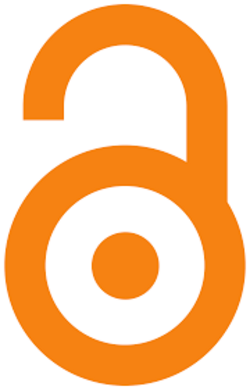
When submitting a paper, please make sure:
Instructions for how to register different types of publications and activities
Once a paper has been published, please send the full citations to Sine Grove Saxkjær so that it can be flaunted on the UrbNet website and SoMe.
Please also let the administration know of any lectures/talks you have given.
If you would like to use the UrbNet logo for posters or presentations, please download it here.

In 2012, all Danish public-sector research councils and foundations agreed on an OPEN ACCESS policy. As a result, all peer-reviewed scientific articles resulting from UrbNet funding (and thus Danish National Research Foundation (DNRF) funding) which have been accepted for publication must be made freely available to the public via Open Access, either immediately or after an initial embargo period imposed by the journal (6-12 months depending on the research area).
Therefore, when submitting an article for approval, authors need to apply to retain the rights to publish an open access version of the article. Templates from the DNRF for such letters can also be downloaded from the DNRF website: http://dg.dk/en/about-us/open-access-policy/.
Furthermore, all articles resulting from DNRF funding must include a DNRF acknowledgement, as well as a reference to the UrbNet funding ID (DNRF119), e.g.
“Research funded by the Danish National Research Foundation (DNRF119)”.